- China’s exponential growth has become an Asian security issue;
- The AUKUS and QUAD regional alliances seek to share intelligence and cooperate militarily in the Indo-Pacific region;
- Australia is using these two alliances to counter Chinese influence in its neighbourhood.
The Indo-Pacific region is home to more than half of the world’s population and nearly two-thirds of the global economy, underscoring its importance in world geopolitics as well.
Due to this importance, regional alliances between AUKUS and QUAD countries aim to maintain regional security – whether land or sea – to guarantee the principles of the Global Liberal Order, international law and free navigation.
In this context, Australia has become increasingly essential for this objective to be achieved and, as a participant in both alliances, has become an influential and indispensable actor for regional security.
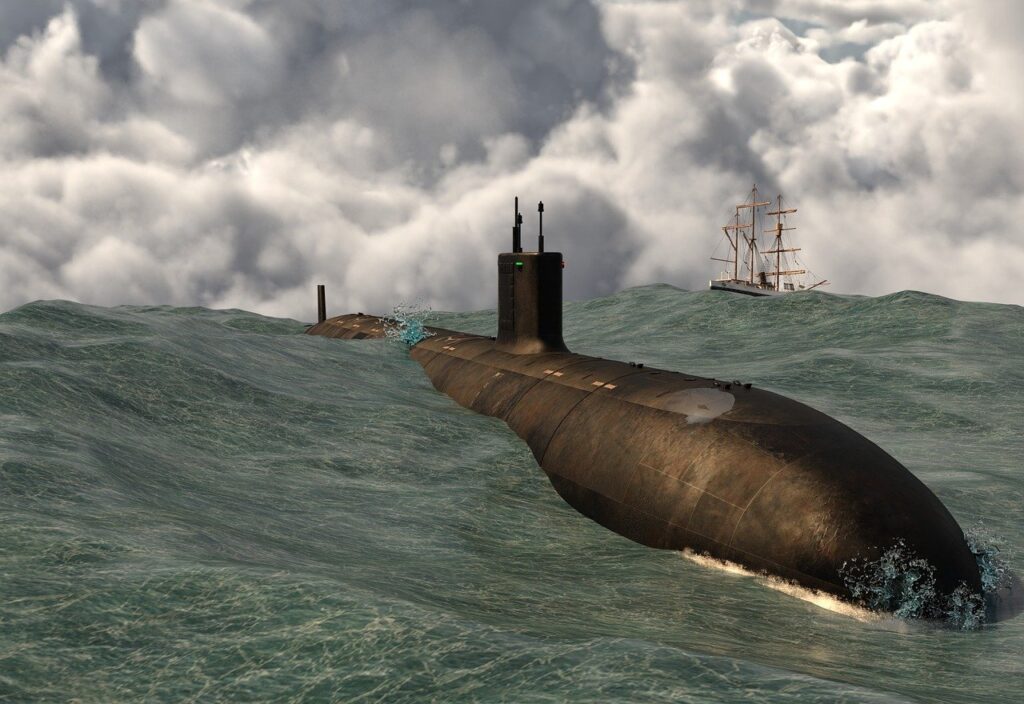
What are AUKUS and QUAD
The AUKUS alliance (from English, Australia, United Kingdom, United States), is a security pact between the three mentioned countries with the objective of sharing intelligence and technology, in addition to cooperating militarily.
As an example of cooperation, Australia will receive nuclear submarines from the United States, which undermined the country’s relations with France, since the agreement directly resulted in the cancellation of the pre-existing contract between these countries in which Paris would be a supplier of powered submarines. diesel to Canberra.
In contrast, QUAD (Quadrilateral Security Dialogue) is a strategic security dialogue between Australia, India, Japan and the United States, created in response to the 2004 Indian Ocean tsunami, with the aim of providing humanitarian assistance and support in natural disasters.
However, currently, the main factor that contributes to a greater integration of the QUAD group is the growing concern of the allied countries with the Chinese rise in the Indo-Pacific region, and the more accentuated union of these countries of the alliance already causes alarm in China.
In general, the big difference between both alliances is that AUKUS has established itself as a military alliance. On the other hand, the QUAD formed and remained an alliance considered more diplomatic.
Furthermore, the AUKUS as a rule focuses on the security and militarization of the Indo-Pacific region. The QUAD can deal with relevant topics from around the world, such as the COVID-19 pandemic, economic discussions, security and even climate change.
On the other hand, a similarity between the groups is the interest in the security of the Indo-Pacific region of the “Chinese threat” on the nations of the region.
How Australia has a key role in these two groups regarding the security of the Indo-Pacific region and a containment of China
The AUKUS and the QUAD, despite their different approaches, share the same goals regarding the stabilization and security of the Indo-Pacific region. Therefore, Australia’s geographic location is strategic, but strongly affected by power struggles in the surroundings.
That said, it is possible to understand the Australian engagement in the search for alliances that can collaborate with regional security and defense.
One of the historical examples is its participation in the “Five Eyes”, an intelligence sharing agreement between the US, UK, Canada, Australia and New Zealand that began with the interception of communications during the Second World War.
Canberra’s participation in AUKUS and QUAD is equally relevant and positive. Even facing major powers like the US and the UK, their contributions are essential for both groups, in addition to the Australian government being able to act as a synchronizer between the alliances and their projects.
Australia’s essential security role in the Indo-Pacific consists of benefits such as:
- its growing diplomatic influence, especially in the South Pacific region;
- its geostrategic location between the Pacific Ocean and the Indian Ocean, which can be used as an alternative passage for trade if the Strait of Malacca is blocked;
- its location also contributes to the use of its territory as military training squares (there are already US marines stationed in Darwin) and for technological facilities (like the one used by Five Eyes in the center of the country);
- capable armed forces, albeit relatively small, with an ambition for modernization;
In exchange for its collaboration, Canberra strengthens its relationship with the Allied Powers, receives access to advanced security and defense technologies, and becomes an increasingly respected country as an influential and essential actor in the security of the region and in the objective of containing the influence of China in the Indo-Pacific.
On the other hand, China feels threatened by what it calls the “Cold War mentality” of alliances. Beijing claims that the AUKUS will encourage an arms race in the region and that, in its view, alliance members not only want to compete, but create a military network in vital waterways like the South China Sea and undermine economic Chinese development.
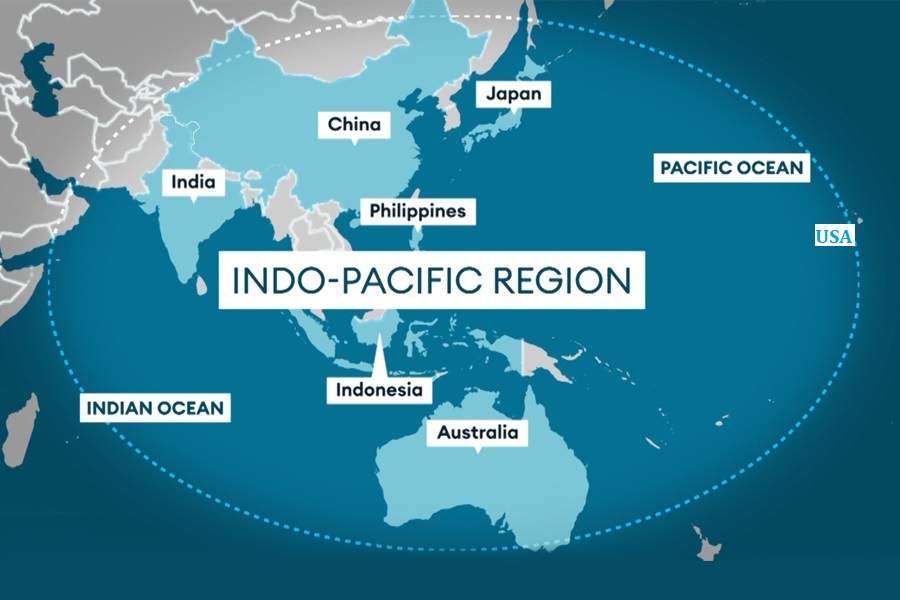
The shortcomings of AUKUS and QUAD in countering a more aggressive China
Some of the deficiencies of AUKUS and QUAD in containing China include factors such as the participation of the same countries in both alliances, which can be redundant and lead to other deficiencies, such as:
- communication problems between groups;
- the possible duplication of the same policies for the region;
- the lack of strong and established institutions between the two alliances;
Furthermore, India’s participation in the QUAD is a controversial factor as the country is known to act as an ally of opportunity. New Delhi is certainly concerned about the exponential growth of China (with which it already has violent border disputes), but it also faces the reality that, starting in 2022, Beijing has overtaken the United States to become its most important trading partner.
It is important to emphasize the rise of a new group that seeks to act strategically in the Indo-Pacific. In February 2022, the European Union released its action plan in the region, which aims to “contribute to the stability, security, prosperity and sustainable development of the region, in accordance with the principles of democracy, the rule of law, human rights and international law ”.
This interest demonstrates the region’s economic, geostrategic and political importance, which makes it increasingly globally relevant.
The importance of the Indo-Pacific region to world trade and security
The region has gained enormous geopolitical, strategic and economic importance for Asia, especially due to the growth of China, which is currently the largest exporting country in the world and uses the Pacific and Indian seas as a route for exporting products and importing, mainly, oil. and gas from the Middle East.
Economically, the Indo-Pacific is a center of global trade and, therefore, has become an area of economic prosperity for countries in the region. According to the Observer Research Foundation, the region accounts for 65% of the world’s population, 63% of the world’s GDP and 46% of the world’s trade in goods. In addition, the region also dominates 50% of the world’s maritime trade.
However, Chinese claims, especially in southern China’s maritime regions, cause tensions with countries such as Vietnam, the Philippines, or Brunei, as well as tensions with Japan to the north, putting regional security at risk.
The threat of invasion of Taiwan, especially after the Russian invasion of Ukraine, has also become a topic of concern for the world. Due to these reasons, the region has witnessed the proliferation of multilateral and minilateral platforms for cooperation and dialogue, such as QUAD and AUKUS.
Finally, it can be seen that the tendency of these alliances is to seek to promote security in the region – as well as to recover its influence, in the case of the United States – but also to carry out a military containment of China that goes from India to the militarized islands. from the pacific.
And in this context, the role of Australia due to its geographic position and history of security cooperation with the US and the UK is fundamental. This new role ends up increasing Canberra’s status as a major player in regional and even global geopolitics.

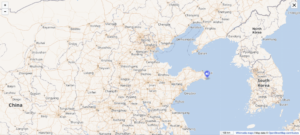

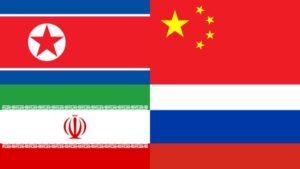
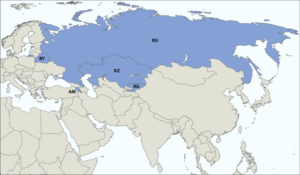


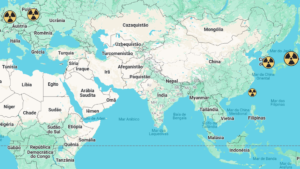

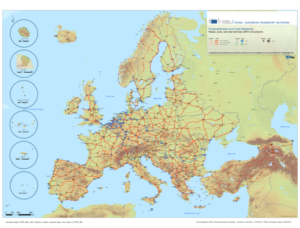


[…] has a long history of military cooperation with the United States. The two countries hold joint military exercises, share intelligence and […]
[…] As a development of ANZUS, the United States and Australia are currently involved in two other groups that target security in the Indo-Pacific region: QUAD and AUKUS. […]